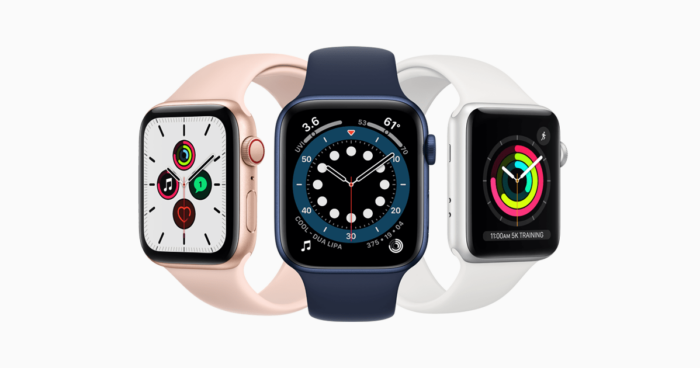

From smartwatches, fitness trackers, virtual reality headsets, and smart clothing, wearable tech has become an integral part of our daily lives. With the ability to monitor our heart rate, sleep patterns, steps taken, and our mental health, wearable technology has the potential to transform the way we approach our overall well-being.
This article details the rise of wearable tech and its impact on health and fitness, examining the latest trends and advancements.
Wearable fitness tech is a type of technology that measures and collects data about our physical activity levels, heart rate, calorie burn, sleep patterns, and more. The data collected is used to create detailed graphs and reports about our current health and fitness status, allowing us to monitor our progress over time.
The report and data collected about your current health status are then printed and saved in PDF by online printing services for future health adjustments.
Some of the most popular types of wearable tech include:
Wearable technology has the potential to revolutionize how we manage our overall health, providing data-driven insights into our activity levels and other health metrics. Wearable tech is not just a trend, it is here to stay and it can offer us a powerful way to track our progress and make changes in our lifestyle choices.
Wearable fitness tech is used to help users understand their activity levels, set fitness goals, and create action plans to reach those goals. This technology can be used in various ways:
Wearable tech can also be used to provide actual feedback on your progress and offer insights into where you need to make changes to reach your goals.
Wearable devices are becoming more popular in healthcare settings, allowing for more efficient monitoring of patients’ health. Devices such as Apple Watches, Fitbits, and glucose monitors have been used to detect changes in blood pressure or glucose levels, alert patients when they need to take medication or rest, and remind them when to get regular check-ups with their doctor. Wearable devices can be used to give doctors more accurate data on their patients’ signs, which can lead to earlier detection of health issues and improve patients’ health outcomes.
With the ability to track our activity levels, monitor our signs, and even help us manage our mental health, wearable technology can empower us to take charge of our health like never before. However, it’s important to remember that technology alone is not a substitute for a healthy lifestyle. We must use these devices as tools to help us achieve our health and fitness goals, while also prioritizing things like regular exercise, a balanced diet, and adequate sleep.
Source: WebProNews
It’s rare to see the Leader of INRI Evangelical Spiritual Church, Primate Elijah Ayodele in…
A Nigerian lawyer and content creator, Timi Agbaje, has warned that any man who patronizes…
Police rescued a woman from a suspected ritualist in an Abuja hotel. Glamtush…
Police have commenced third-party vehicle insurance enforcement. Glamtush reports that the police in Lagos,…
A Nigerian doctor has reportedly taken his own life following a $15,000 child support order.…
A former UFC middleweight champion, Israel Adesanya was knocked out by Imavov on Saturday night.…